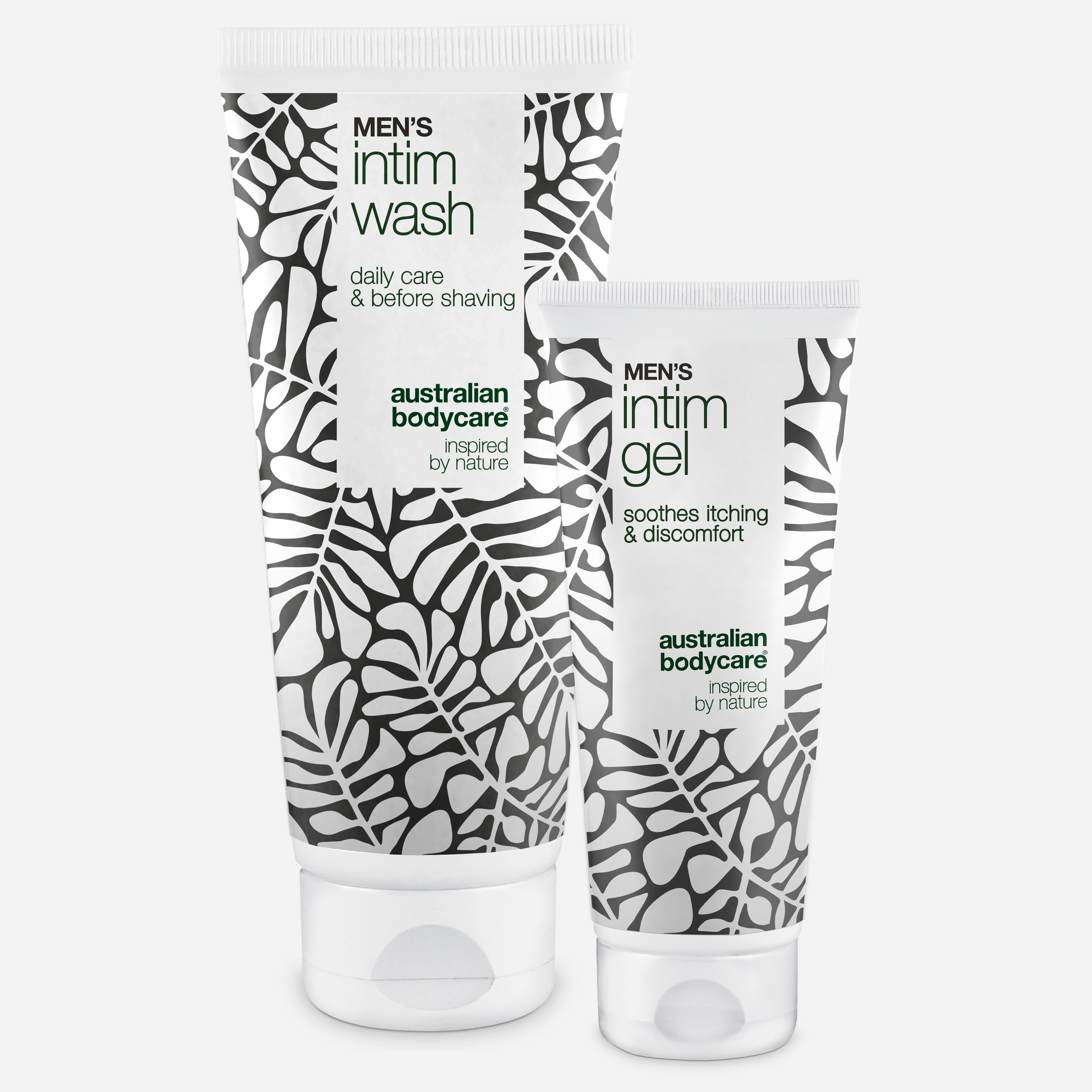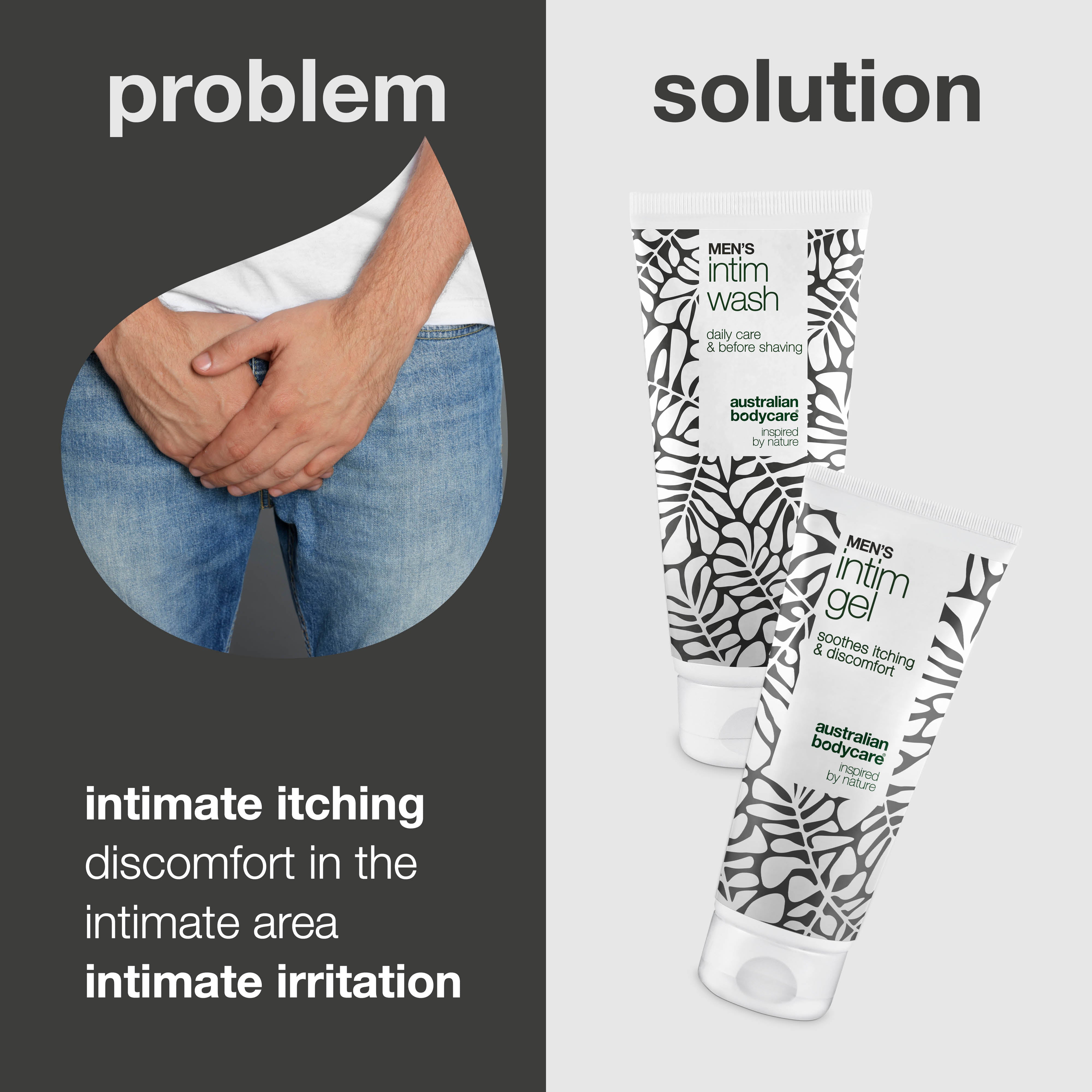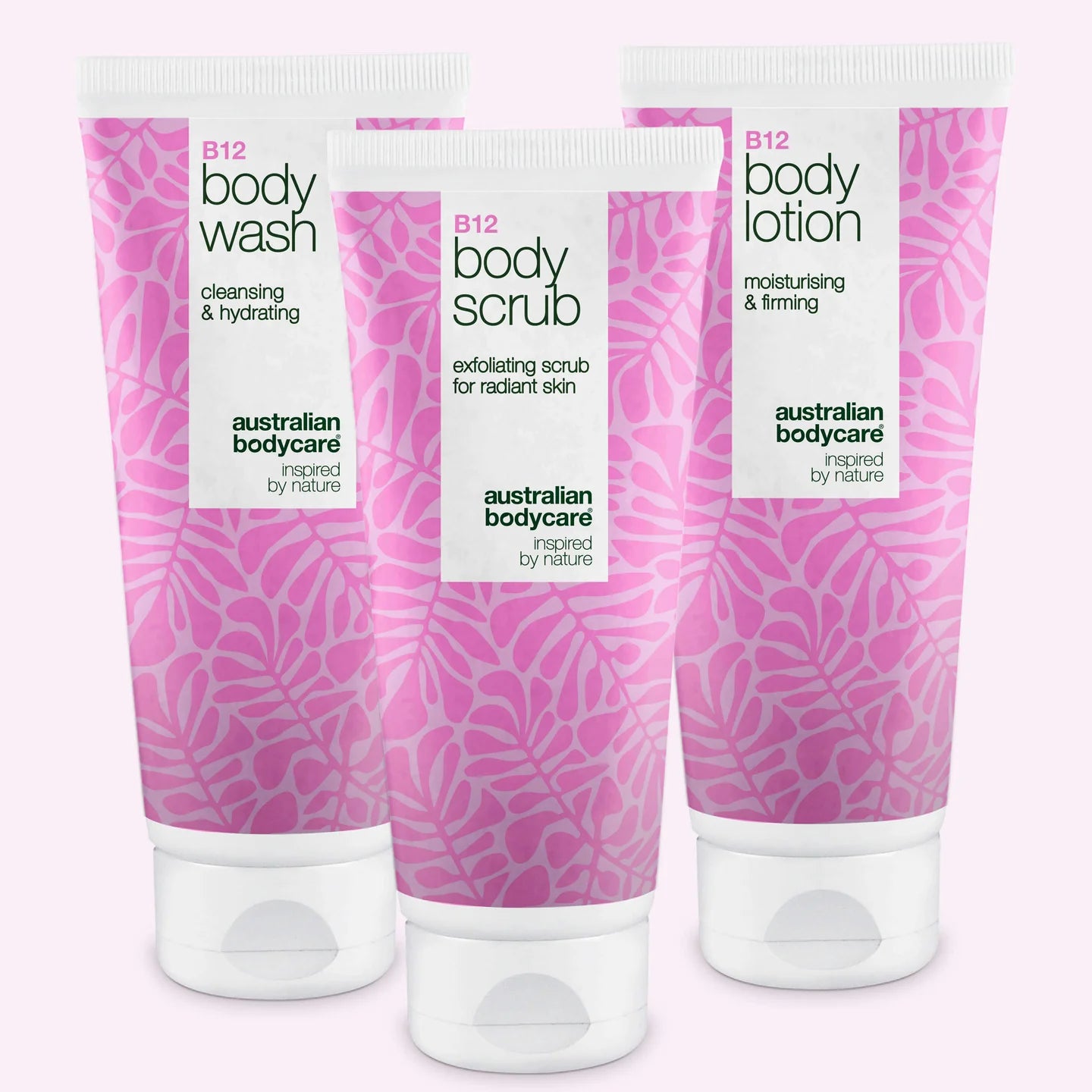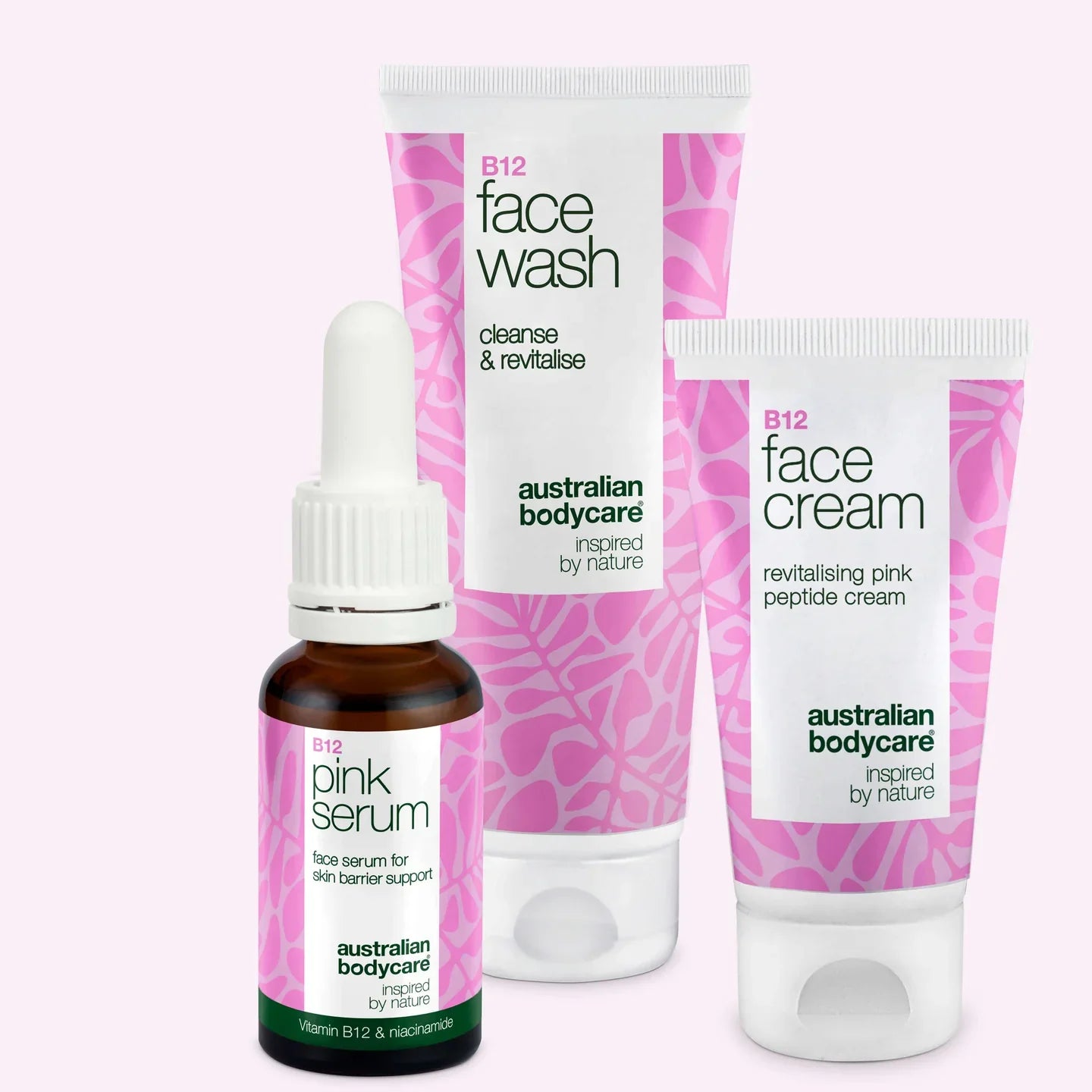Guide to Balanitis - Symptoms, Causes, and Treatment
Balanitis, or inflammation of the head of the penis, is a condition that mostly affects uncircumcised men. It can lead to various symptoms such as redness and pain. Conditions like BXO (balanitis xerotica obliterans) and foreskin constriction (phimosis) can increase the risk of balanitis. Treatment can range from creams and antibiotics to regular cleaning of the area, and sometimes circumcision may be necessary.
Keep reading to learn more.
Table of contents
What is Balanitis?
Balanitis is an inflammation that affects the skin and mucous membranes of the penis foreskin. It can be caused by bacterial flora, fungal infections, or allergic reactions to irritants.
Symptoms include redness, swelling, and itching.
Definition and Causes
Balanitis is inflammation of the head of the penis, most often affecting uncircumcised men or individuals assigned male at birth. It causes pain, redness, and sometimes a rash.
The underlying factors of this condition include poor hygiene, fungal infections such as yeast, sexually transmitted infections including chlamydia, and skin diseases like psoriasis.
Additionally, individuals with diabetes may be more susceptible due to higher sugar levels in their body.
Up to 10% of men will experience balanitis in their lifetime.
The causes of balanitis are important to understand for effective prevention and treatment. Irritation from soaps or chemicals and allergic reactions are also known causes. Stress and certain medical conditions can exacerbate the symptoms.
Avoiding sources of irritation and ensuring good hygiene are crucial steps toward reducing the risk of developing this condition. Identifying specific causes is key to finding the right treatment and preventing recurrence of balanitis.
Types of Balanitis
Balanitis can vary depending on the causes behind it, making it important to know the different types to choose the right treatment.
1. Infectious Balanitis occurs when bacteria or fungi attack the foreskin. Men with diabetes are more susceptible, as high sugar in the urine promotes the growth of these microorganisms. Common symptoms include redness, itching, and pain.
2. Non-infectious Balanitis is often due to skin disorders like eczema or psoriasis. Here, the inflammation is not caused by microorganisms but rather a reaction to the condition. Redness, scaling, and irritation are common signs.
3. Allergic Contact Dermatitis develops in response to an allergic reaction to a specific substance one has come into contact with. It could be anything from personal hygiene products to latex in condoms. Symptoms include severe itching, redness, and swelling.
4. Traumatic Balanitis occurs after physical damage or irritation — often from tight clothing or excessive cleaning. The damage can cause small tears in the skin, leading to inflammation.
5. Posthitis refers specifically to the inflammation of the foreskin alone and is often seen along with balanitis (Balanoposthitis), affecting both the glans and foreskin in uncircumcised men.
Each type requires a unique treatment approach—from antibiotics to fight infections to specific creams for skin disorders. The importance of a proper diagnosis cannot be overstated; it ensures effective treatment and prevents further complications.
Symptoms and Signs
Balanitis manifests in different ways, depending on the cause. The most common symptoms include changes to the head of the penis or foreskin.
1. Redness is often seen on the head of the penis or foreskin. This is a clear sign of irritation or infection.
2. Swelling can occur along with the redness and make it difficult to pull back the foreskin.
3. Pain or discomfort, especially during urination or sexual intercourse, often indicates balanitis.
4. Itching around the genital area can be very bothersome and suggests a possible infection.
5. Rash sometimes appears as small dots that can spread or worsen without treatment.
6. Unpleasant odor comes from the area, due to bacteria or fungi thriving in moist environments.
7. Discharge from the penis is not normal and can be a sign of an advanced infection.
8. Cracks or sores on the skin occur when the inflammation is severe, and the skin becomes dry and damaged.
These symptoms require attention to avoid further complications such as phimosis, where the foreskin becomes tight and cannot be pulled back over the head of the penis.
It is important to seek medical help at the first signs of balanitis to get a proper diagnosis and the necessary treatment.
Balanitis treatment
Treating balanitis often involves medical treatment with antifungal agents or antibiotics to combat the infections. Doctors may also advise good hygiene practices and avoiding irritants and allergens to promote healing. There are also alternative treatment options such as circumcision in cases of chronic or recurrent balanitis.
Medical Treatment
Medical treatment for balanitis typically includes the use of antifungal creams to help combat infections caused by fungi. A doctor may prescribe an antifungal agent to be applied directly to the affected area to relieve symptoms and reduce the infection.
In addition to antifungal creams, antibiotics may also be used to treat bacterial infections that can cause balanitis. It's important to follow the doctor’s instructions on the proper use of the medication to achieve the best results.
When medical treatment is not effective, circumcision may be recommended as a permanent solution for recurrent cases of balanitis. This involves the removal of the foreskin and can help to prevent repeated instances of inflammation.
Advice and Guidance
Regular washing and drying of the penis is crucial to prevent balanitis. Hygienic practices, including regular washing and drying under the foreskin, can help prevent balanitis. Here are some tips and guidance for prevention and treatment:
1. Wash the penis daily with mild soap and warm water.
2. Gently dry under the foreskin after bathing or using the toilet.
3. Avoid using irritants such as strong soaps, creams, or sprays directly on the penis area.
4. Use a condom during sexual intercourse to prevent sexually transmitted infections.
These tips and guidance can help maintain good hygiene and reduce the risk of balanitis related to poor hygiene or contact with irritants.
Alternative Treatment Options
Regular washing and drying of the penis are recommended as an alternative treatment option for balanitis. This helps remove bacteria and reduces the risk of infection. Antifungal creams can also be used to treat balanitis, especially if the cause is a fungal infection.
For individuals with diabetes, stabilizing blood sugar levels can be an alternative treatment option, as this can help reduce the risk of recurrent balanitis.
Continued attention to good hygiene and regular cleansing of the penile area is essential, as it can help prevent repeated instances of balanitis. Avoiding irritants and allergens such as soaps, perfumes, and latex products can also be an effective alternative treatment option.
Prevention of Balanitis
Good hygiene, avoiding irritants and allergens, and the use of condoms can help prevent balanitis. Read on for detailed tips and guidelines.
Good Hygiene
Good hygiene is crucial to preventing balanitis (inflammation of the foreskin). Keeping the penis clean and dry is important.
1. Wash the penis daily with mild soap and warm water.
2. Gently dry after washing to remove moisture.
3. Avoid using irritant soaps or perfumed products on the penis area.
4. Use appropriate condoms during sexual intercourse to reduce the risk of infections.
5. Ensure regular health check-ups with healthcare professionals, especially if there are other medical conditions like diabetes that can increase the risk of balanitis.
By practicing good hygiene and taking necessary precautions, you can effectively reduce the risk of balanitis and maintain healthy intimate hygiene.
Avoiding Irritants and Allergens
Avoid using strong soaps and chemicals as they can irritate the skin and increase the risk of balanitis. Some potential allergens include perfumes and dyes, so it is important to choose products that are mild and free from these ingredients.
Consult your doctor for guidance on appropriate products for good hygiene and avoiding irritants and allergens to prevent balanitis.
Use of Condoms
Using condoms during sexual intercourse can effectively reduce the risk of sexually transmitted infections, including those that can cause balanitis (inflammation of the foreskin). Condoms create a physical barrier that prevents direct contact between the genitals and minimizes the risk of transmission of bacteria, viruses, and other harmful microorganisms.
It is an important part of the prevention of balanitis and a crucial method for maintaining good intimate hygiene.
Using condoms is also essential to protect against sexually transmitted diseases such as herpes, gonorrhea, chlamydia, and HIV. By using condoms consistently and correctly, you can effectively reduce the risk of contracting or transmitting these infections.
Conclusion and Recommendations
In conclusion, it is important to be aware of good hygiene to prevent balanitis. Regular cleaning of the area, avoiding irritants and allergens, and using condoms can help minimize the risk of balanitis. It is also recommended to seek medical help at the first signs of infection, as prompt treatment can be crucial for a successful healing process. By following these recommendations and taking the right precautions, one can better protect against balanitis and achieve a healthier lifestyle.
FAQ
What are the symptoms of balanitis?
Symptoms of balanitis include redness, swelling, and irritation around the foreskin. In some cases, pain or itching may also be experienced.
What causes balanitis?
Balanitis can be caused by several factors, such as poor hygiene, infections, tight foreskin, contact allergy from products like soap or condoms, and conditions such as diabetes.
Can a tight foreskin lead to balanitis?
Yes, a tight or constricted foreskin can make it difficult to maintain good hygiene, which increases the risk of infections and inflammation.
How is balanitis treated?
Treatment depends on the cause but may include good hygiene practices, the use of over-the-counter medications to reduce inflammation and pain, and in some cases, circumcision if the condition is due to a very tight foreskin.
What is balanitis?
Balanitis is an inflammation of the foreskin and/or the head of the penis, often caused by infections or irritation.
How do you get rid of balanitis?
Treating balanitis involves good personal hygiene, the use of prescribed antifungal or antibacterial creams, and in some cases, lifestyle changes such as avoiding irritants.
Is balanitis dangerous?
Balanitis is generally not dangerous, but if untreated, it can lead to more serious infections and skin damage.
Can balanitis go away on its own?
In some mild cases, balanitis can disappear on its own if the source of irritation is removed and good hygiene is practiced. However, medical treatment is recommended to avoid complications.
Why does the foreskin swell?
Swelling of the foreskin can be due to infections, allergic reactions, or other skin conditions such as eczema. The swelling may be accompanied by balanitis or occur as a separate symptom.





